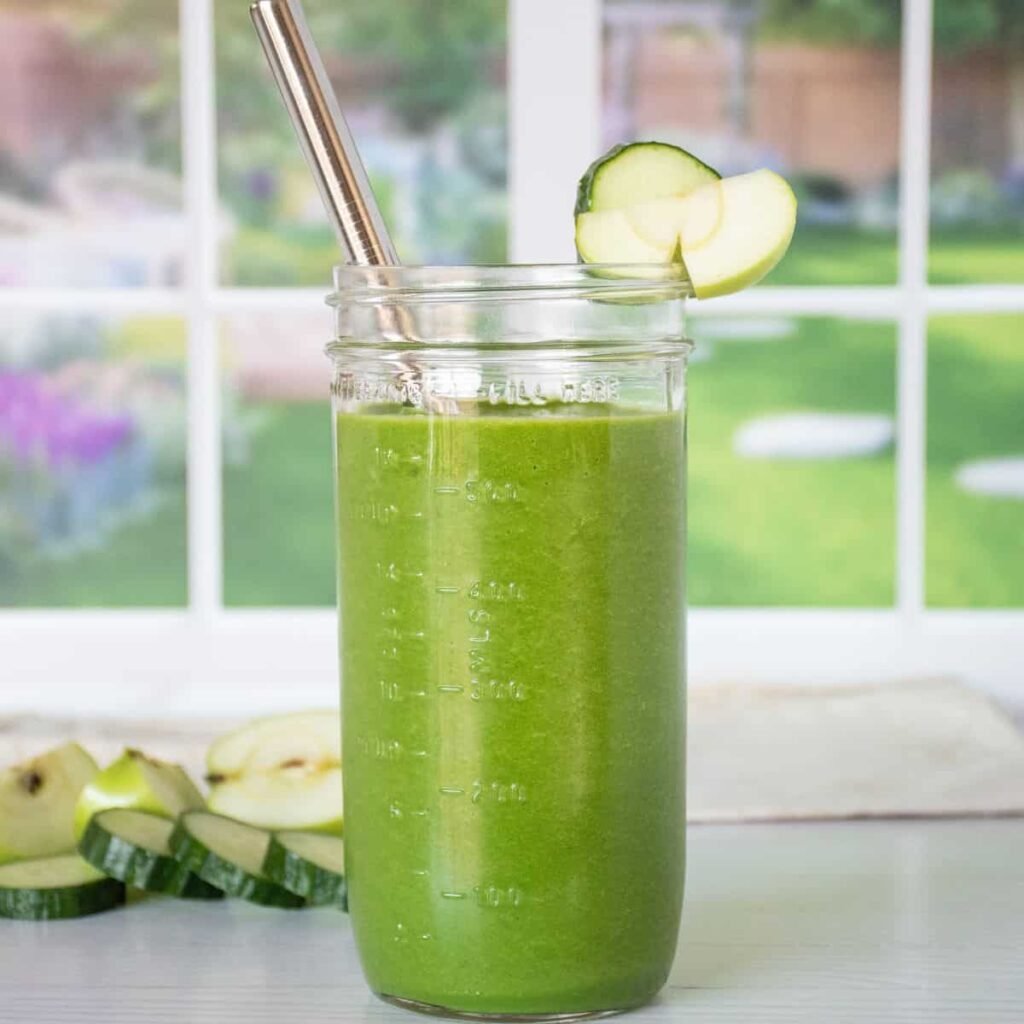Nutrition
Sasa

• Sasa
Sasa is a Ghanaian delicacy notable among the Akans. It made from roasted cocoyam. It is one of the most nutritious meals in the southern part of Ghana.
Ingredients
-Cocoyam
-Fresh pepper
-Onion
-Salt
-Palm oil
-Dried or smoked fish
Preparation
-Wash cocoyam under clean running water
-Cut it into two or three slices without peeling
-Roast under low heat for 35 minutes
-Grind your fresh pepper and onion with a pinch of salt. (Preferably in an earthenware bowl).
-Wash and add smoked fish and mashsluggishly.
-Add the roasted cocoyam one by one and mash with wooden masher.(Tapoli)
-Pour six tablespoonfuls of palm oil into a saucepan and heat with sliced onion for about two minutes under medium heat.
-Add the heated palm oil and onions to the mashed cocoyam and fish in the earthernware bowl and stir evenly.
– Food is ready. Serve with Avocado or peppered snail or smoked oyster.
Source: Mpeniase kitchen
Nutrition
Palm nut soup

Palm nut soup is a Ghanaian dish that can be served with so many foods. It has a rich base of palm nuts combined with tomatoes and various vegetables that makes it very nutritious.
Preparation
Ingredients
– 1 kilogramme of palm nut
– Half kilogramme of beef
-One kilogramme of goat meat
-Three large salmon
-One full tuna
– A handful of turkey berries
-Two large onions
-4 large tomatoes
-3 large garden eggs
– One tin of mackerel
-Ten large peppers
– One large ginger
-2 cloves of garlic
– Four fingers of okro
– Salt to taste
Instructions
-Wash, cook palm nut, turkey berries, and pepper and add salt to it.
-Grind palm nut, turkey berries and pepper with mortar and pestle or mini food processor.
-Wash goat meat, beef, Tuna, salt and put on fire.
– Blend onion, garlic, ginger and tomatoes and pour on the goat meat.
– Add smoked tuna and salmon and okro to the soup.
-Use a spoon or ladle to skim off the surface oil.
-Garnish the soup with the okro or garden eggs as desired.
-Serve with fufu, banku or Omo tuo.
Nutrition
Cucumber and apple smoothie

Ingredients
-Two medium sized cucumber
-Three apples
-Four tablespoonful of honey
-Crushed ice
-Two cups of yoghurt
-One tablespoonful of blended ginger
– One tablespoonful of celery and mint
Preparation

-Wash and slice cucumber, apple into smaller sizes
-Blend until it is smooth
-Add honey and a little water to it
-Add crushed ice and yoghurt
-Blend it till you achieve your desired texture
– Then serve







